First responders are subject to some of the most demanding and dangerous situations in our society today. These heroes provide support, medical assistance, mental and physical health care, and a stabilizing presence both here and abroad. These duties are essential to society and American interests and safety around the world. With this type of work, first responders addiction treatment and mental health care may be needed.

The Relationship Between Addiction and First Responders
Substance Use and Police Officers
Due to the nature of their job, police officers face extreme stress and even trauma on almost a daily basis. In addition to placing themselves and their colleagues in harm’s way, they may also often witness disturbing or violent behavior, such as murder, suicide, or traffic fatalities. Police officers are the first on the scene at domestic violence calls, drug deals, and everything in between. Also, law enforcement officers experience work-related stress regarding their roles and reception in the community.
According to research, the police force is at a significantly higher risk of drug and alcohol abuse and mental health issues than the general population. This risk is exacerbated by the fact that many cops have easy access to illegal drugs when they arrest drug dealers or respond to overdose calls.
Studies show that police officers working in urban areas use drugs and alcohol at a “high-risk” level as often as 10-15% of the time. Male officers are almost twice as likely to be affected but female officers are not immune. Researchers attribute the high alcohol consumption rates among police officers to both social and stress-induced drinking behaviors. The most important contributor to alcohol consumption among police officers, however, is the stress and trauma officers face daily in the line of duty. Addiction and mental health treatments such as trauma treatment are needed.
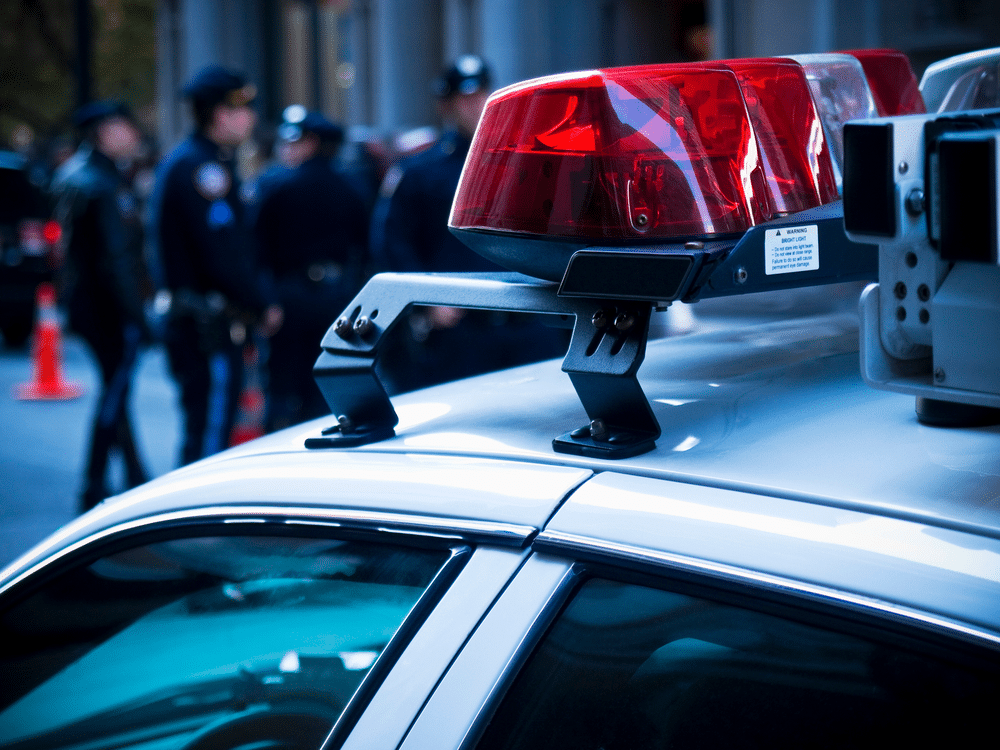
Substance Use and Firefighters
Firefighters spend their days braving dangerous fires and other situations to save civilian lives. The nature of this job presents firefighters with many of the same potential for trauma as a police officer. Also, increased risk of injury from burns, smoke inhalation, traffic accidents, and other on-the-job injuries make firefighters more likely to turn to substances to cope or need painkillers to mend.
The long 24-hour shifts and exposure to trauma calls lead many firefighters to develop mental health conditions such as post-traumatic-stress disorder, acute stress disorder, and depression. Many individuals struggling with these issues then turn to drugs and alcohol as a means of symptom relief. Studies have shown that up to 29% of firefighters engage in alcohol abuse and as many as 10% of firefighters may be currently abusing prescription drugs.
Rates of binge drinking and prolonged alcohol use are higher among firefighters than the general population. In addition to job stress, there are social factors that contribute to the high rates of dangerous alcohol consumption. Many firefighters also report using alcohol as a means of “de-stressing” or winding down after a hard shift. Increased use of alcohol as a coping mechanism leads to increased rates of alcoholism.
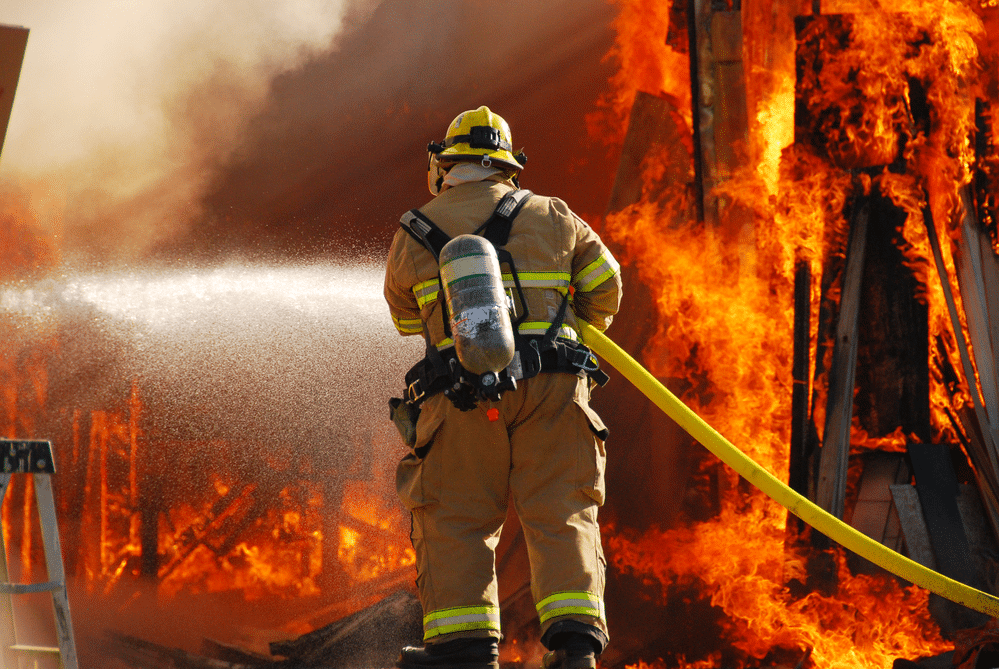
Substance Use and Paramedics/EMT
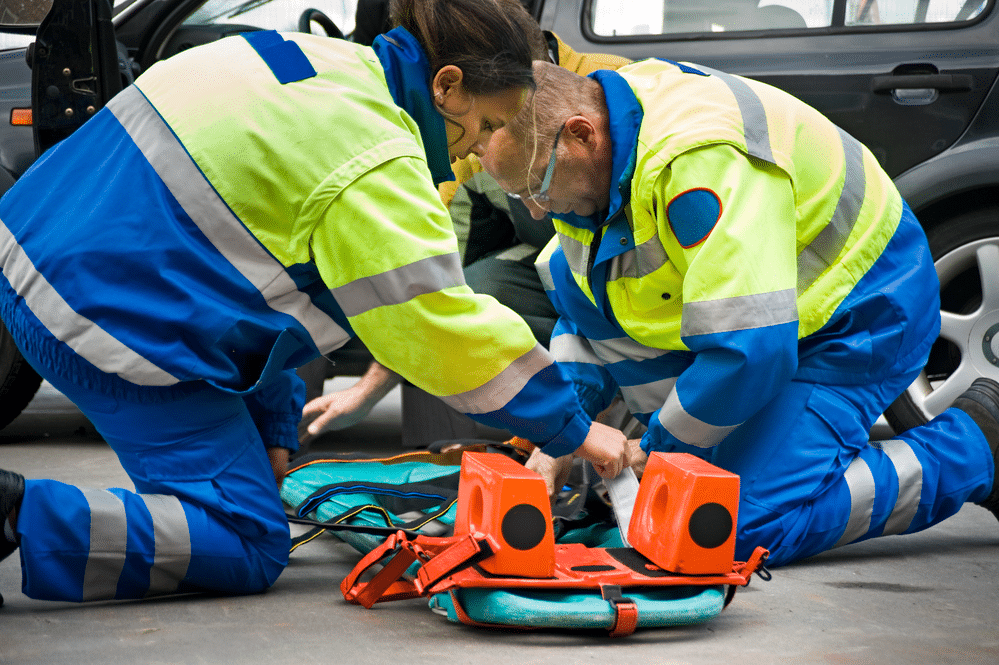
Substance Use and Military Personnel
Active-duty and retired members of the armed forces also face substance use disorders. As many as 15% of the veterans that seek medical care from the U.S. Veterans Administration meet the criteria for a diagnosis of a substance abuse disorder, which puts them at a higher risk than the general population.
Military personnel, in both war-time and peace-time, face the stress of being separated from their families, multiple deployments, potential combat trauma, and more. Active soldiers and veterans are also significantly more likely to struggle with PTSD and have worse mental health conditions than the general population. As many as 20% of veterans from recent wars return home showing symptoms of PTSD. The stress of coping with PTSD symptoms can often push people towards substance abuse, and the presence of both disorders may represent a co-occurring condition.
First Responder Mental Health Problems
Due to the nature of their job and the constant contact with stressful and even traumatic experiences, first responders are at significant risk for behavioral health issues. Dealing with natural disasters, violent accidents, death, disease, and even terror attacks put our first responders in harm’s way often.
This trauma can often lead to long hours, sleepless nights, anxiety, depression, and PTSD. An emergency personnel or first responder is at significantly higher risk of behavioral health disorders than the general population. Some of the most common disorders experienced by this population segment are:
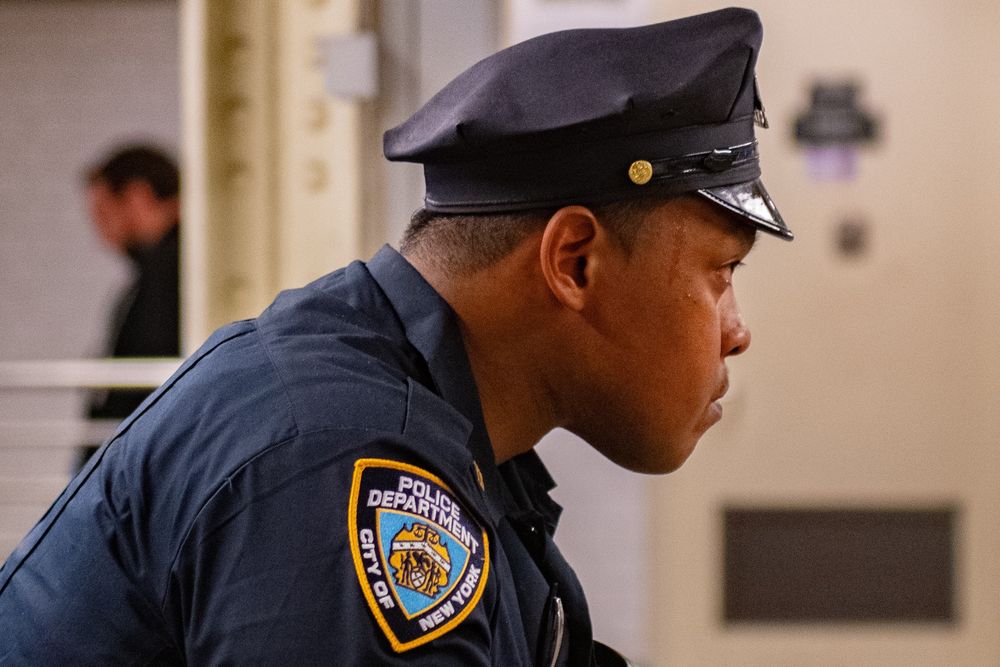
First Responder Addiction Treatment in Florida
Our treatment center in Florida offers addiction and mental health treatment programs tailored specifically to first responders, recognizing their unique needs and challenges. These first responder treatment programs are designed to address drug addiction, alcohol addiction and mental health issues, ensuring that they receive the specialized care and support necessary for their long-term recovery.
Our treatment process includes individual therapy, group therapy, 12-step programs, nutritional therapy, family therapy sessions, drug and alcohol detox, addiction medicine management and additional ancillary services in either an inpatient or outpatient treatment setting. The treatment has also been proven to be significantly beneficial when it is grouped with other individuals from similar occupations.
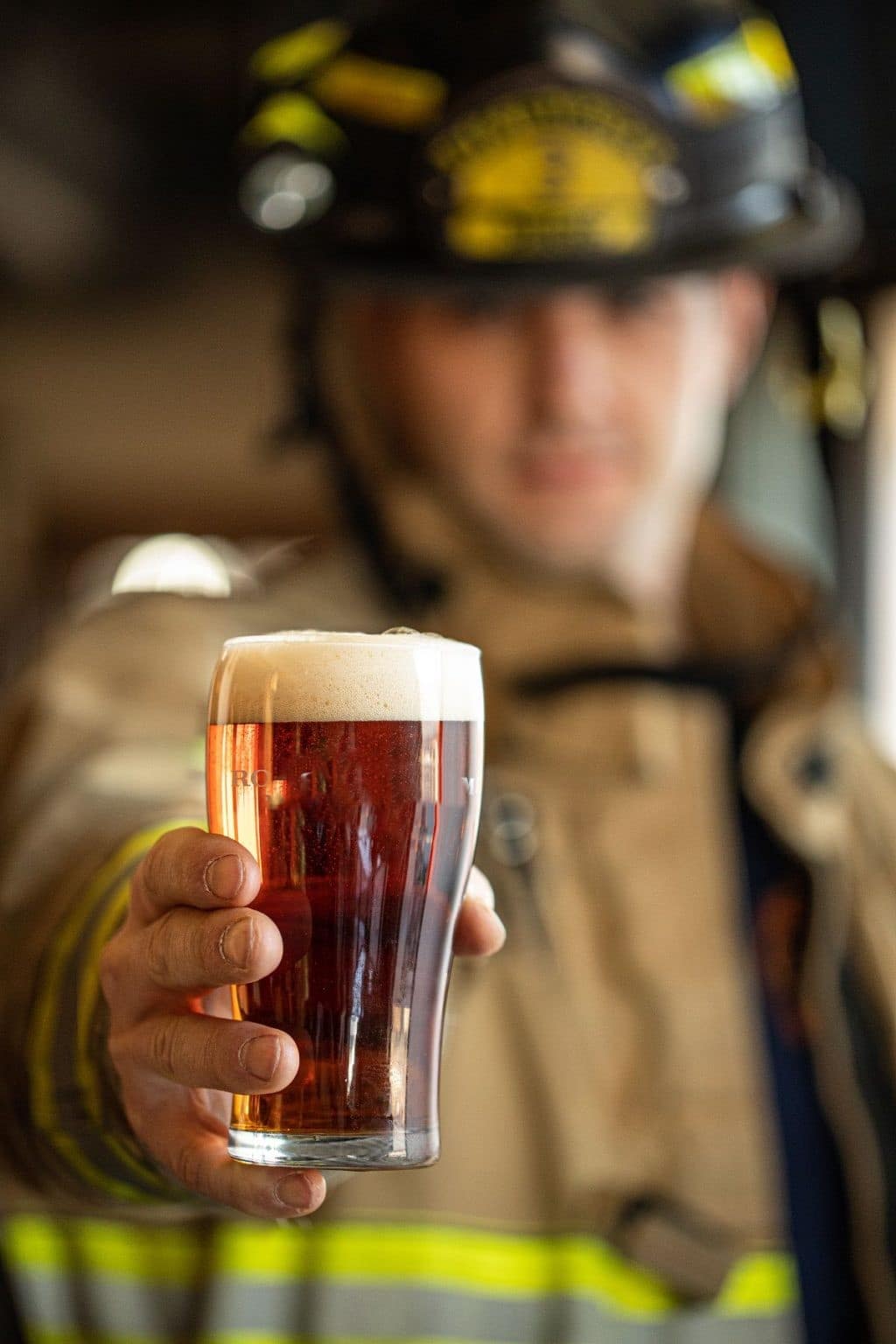
First Responder Mental Health Treatment in Florida
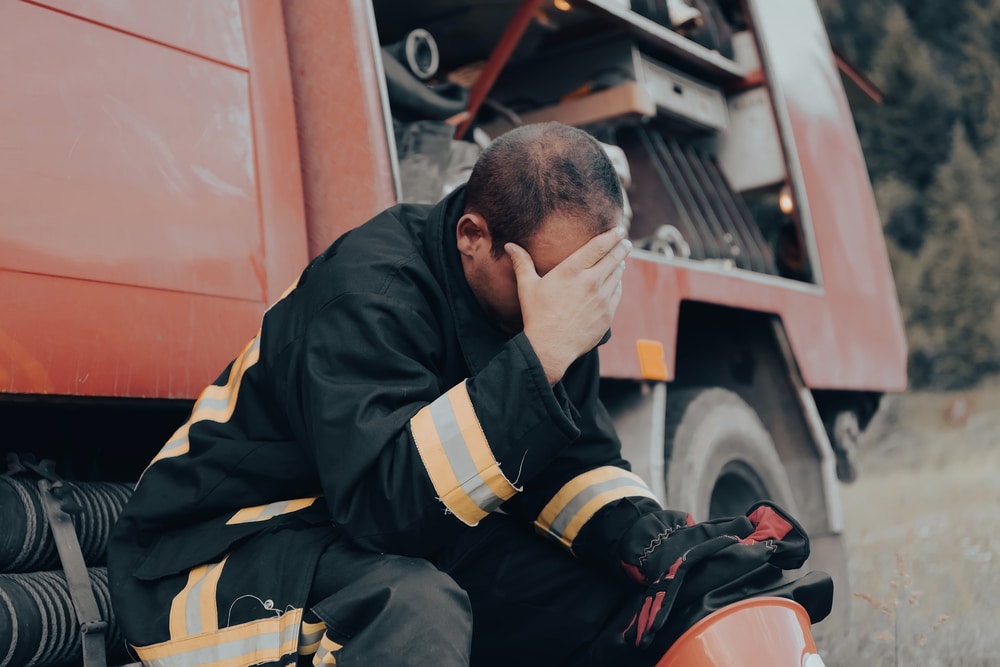
Begin Your Treatment Journey at Behavioral Health Centers Today
At Behavioral Health Centers, our trained addiction specialists and mental health professionals are standing by to help you or your loved one overcome addiction. Whether you need the intensely supervised care of our inpatient or detoxification options or the flexibility of our outpatient treatment, we have a specialized treatment option that can help you begin your journey today. Make your confidential call today to begin your journey to healthy life and sobriety!



